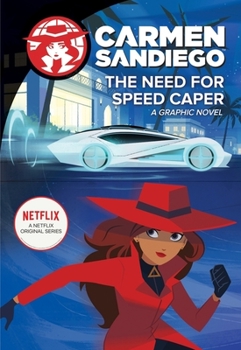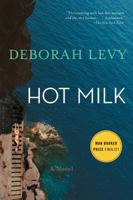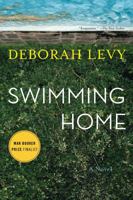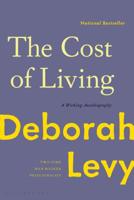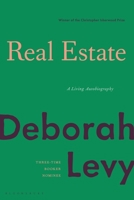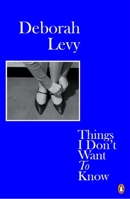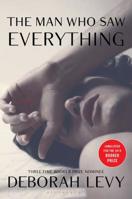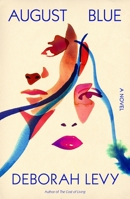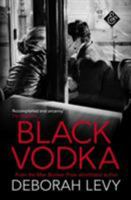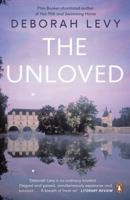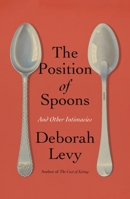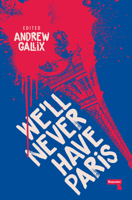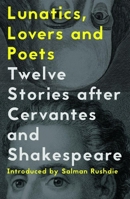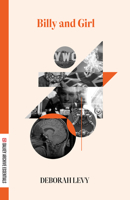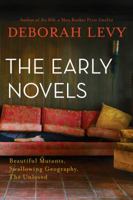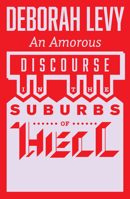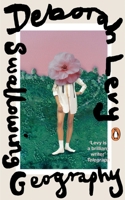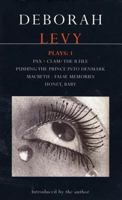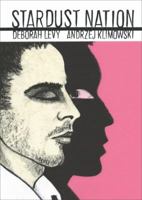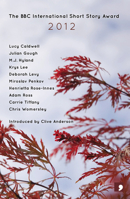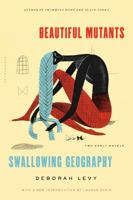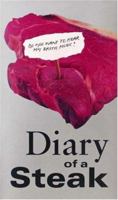The Need for Speed Caper
(Book #4 in the Carmen Sandiego Graphic Novels Series)
Select Format
Select Condition 
Book Overview
Adventure awaits in this full-color graphic novel, based on the Netflix series starring Gina Rodriguez. Take in all the action and excitement of Dubai and get a taste of geography, culture, and history with Carmen Sandiego--the world's greatest thief
Format:Paperback
Language:English
ISBN:0143112821
ISBN13:9780143112822
Release Date:December 2007
Publisher:Penguin Publishing Group
Length:288 Pages
Weight:0.45 lbs.
Dimensions:0.5" x 6.6" x 7.8"
Age Range:18 years and up
Grade Range:Postsecondary and higher
More by Deborah Levy
Customer Reviews
5 customer ratings | 5 reviews
There are currently no reviews. Be the first to review this work.










